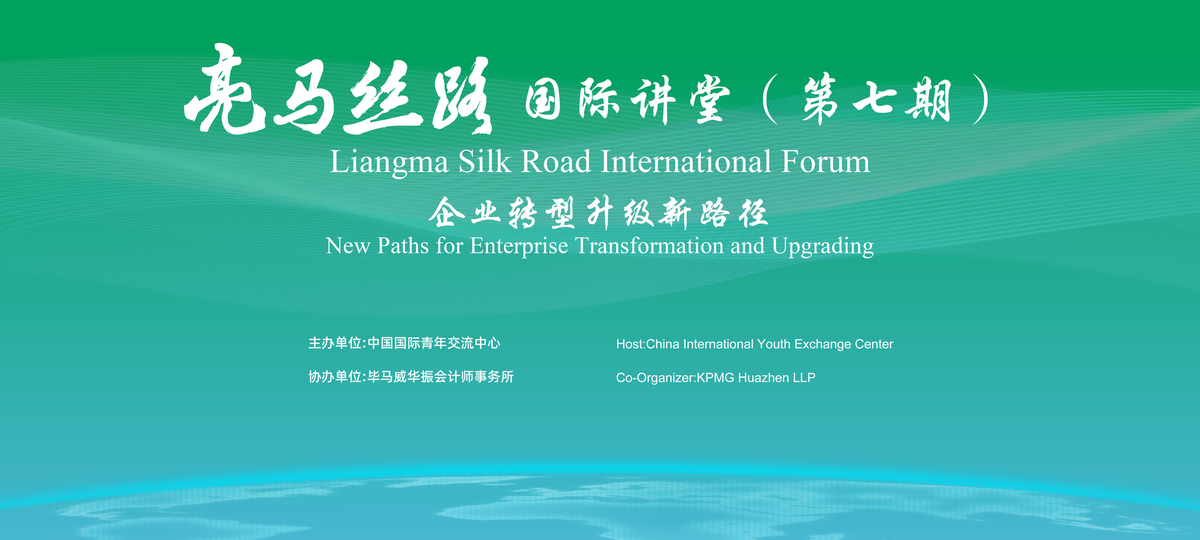China continues to attract investment from MNCs


During the seventh Liangma Silk Road International Forum held in Beijing on July 27, Mark Harrison, a partner at KPMG in China, highlighted the unwavering commitment of multinational corporations to the Chinese market.
The event, hosted by the China International Youth Exchange Center and co-organized by KPMG, brought together over 50 representatives from various sectors to discuss "New Paths for Enterprise Transformation and Upgrading."
The forum aimed to chart a course for Chinese entrepreneurs seeking to improve competitiveness, enhance technical innovation, and seize the historical opportunities presented by industrial transformation amidst a challenging international environment.
During his speech, Harrison underscored the significance of enterprise transformation and upgrading and the adoption of international strategies. He stressed that entrepreneurs must possess a comprehensive global outlook and an international perspective to navigate the ever-evolving business landscape successfully.
Contrary to prevailing sentiments of "derisking" or decoupling from China, Harrison emphasized that MNCs are taking a cautious yet committed approach towards the world's largest consumer market. The Chinese market, with its substantial middle-income population, continues to offer unparalleled opportunities for foreign investors.
Harrison pointed out that certain sectors have caught the attention of foreign investors who are keen to scale up their investments in China. These sectors include high-tech industries, the pet sector, chemical manufacturing, pharmaceuticals, new energy vehicles, and emerging niche markets.
An encouraging sign of MNCs' commitment to the Chinese market is the increased frequency of CEO visits to China. These visits demonstrate the level of confidence that MNCs have in the country's long-term prospects and stability.
To strengthen their foothold in the Chinese market, MNCs are adopting significant strategies such as "China for China, China for Global" localization and joint ventures. By aligning their operations with local preferences, cultures, and regulations, companies can forge stronger connections with Chinese consumers.
BASF's substantial investment of 10 billion euros to construct the Verbund site project in Zhanjiang, Guangdong province, is a prominent example of this commitment. The project aims to enhance local production of chemicals and materials, thereby boosting China's industrial capabilities.
In addition to localization, joint ventures have become increasingly popular as a means for MNCs to share risks and gain access to local insights. For instance, Volkswagen AG's investment of $700 million to acquire a 4.99 percent stake in the Chinese smart EV startup Xpeng illustrates the growing trend of collaboration between global giants and local innovators.
By embracing localization, forming strategic joint ventures, and benefiting from a more favorable regulatory environment, MNCs are positioning themselves to thrive in the ever-evolving Chinese business landscape.




































